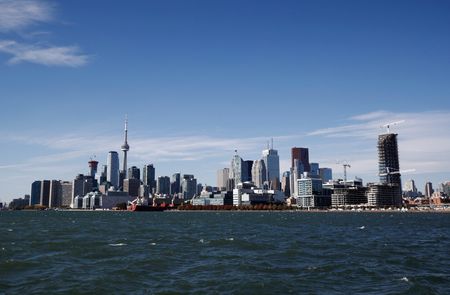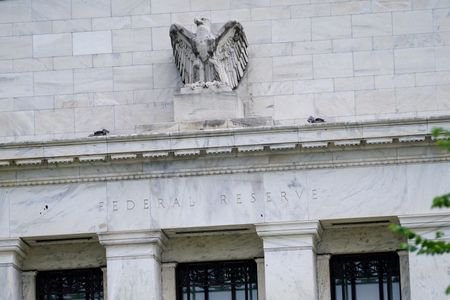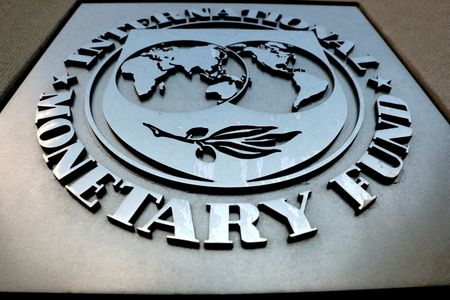By Fergal Smith
TORONTO (Reuters) – The Canadian province of Ontario on Tuesday forecast its budget deficit would more than triple in the upcoming fiscal year as economic growth stalls and it spends more on housing and roads, as well as measures to ease the cost of living.
Ontario, Canada’s most populous province and home to Toronto, its largest city, said its deficit would widen to C$9.8 billion ($7.2 billion), or 0.9% of gross domestic product, in 2024-25, from an estimated C$3 billion in the current fiscal year, which ends on March 31.
A deficit is also expected in 2025-26, of C$4.6 billion, before a shift into surplus in 2026-27, one year later than was projected in a fiscal update in November.
The province forecast that economic growth would slow to 0.3% in 2024 from an estimated 1.2% in 2023, held back by higher borrowing costs since the Bank of Canada raised interest rates last year to a 22-year high of 5% to cool inflation.
Some other Canadian provinces, such as Quebec and British Columbia, have also projected wider deficits.
“In the face of global economic uncertainty and high interest rates that continue to put pressure on Ontario families, our government is taking a responsible approach by investing to rebuild Ontario’s economy without raising taxes,” Finance Minister Peter Bethlenfalvy said in a statement.
The province is investing more than C$190 billion over the next 10 years to build and expand highways, transit, homes, high-speed internet and other critical infrastructure.
Like the rest of Canada, Ontario’s population is growing rapidly due to high immigration, raising the need for additional housing. The province has a goal of building 1.5 million new homes by 2031.
To speed up that process, the province said it would invest C$1 billion in the new Municipal Housing Infrastructure Program and quadruple a fund to a total of C$825 million to help municipalities repair and expand infrastructure.
It also proposed measures to reduce costs for families and businesses, including extending temporary gas tax and fuel tax rate cuts to keep rates at nine cents per liter until the end of 2024.
Ontario, one of the world’s largest sub-sovereign borrowers, forecast that its net debt-to-GDP ratio would rise to 39.2% in the coming fiscal year after falling to an estimated 38% in 2023-24, the lowest level since 2011-12.
Still, the ratio would remain below a debt sustainability target of 40%, while the province expects its borrowing to fall to C$38.2 billion in 2024-25 from C$41.8 billion in the current fiscal year after it raised year-end cash levels.
($1 = 1.3575 Canadian dollars)
(Reporting by Fergal Smith; Editing by Leslie Adler)











